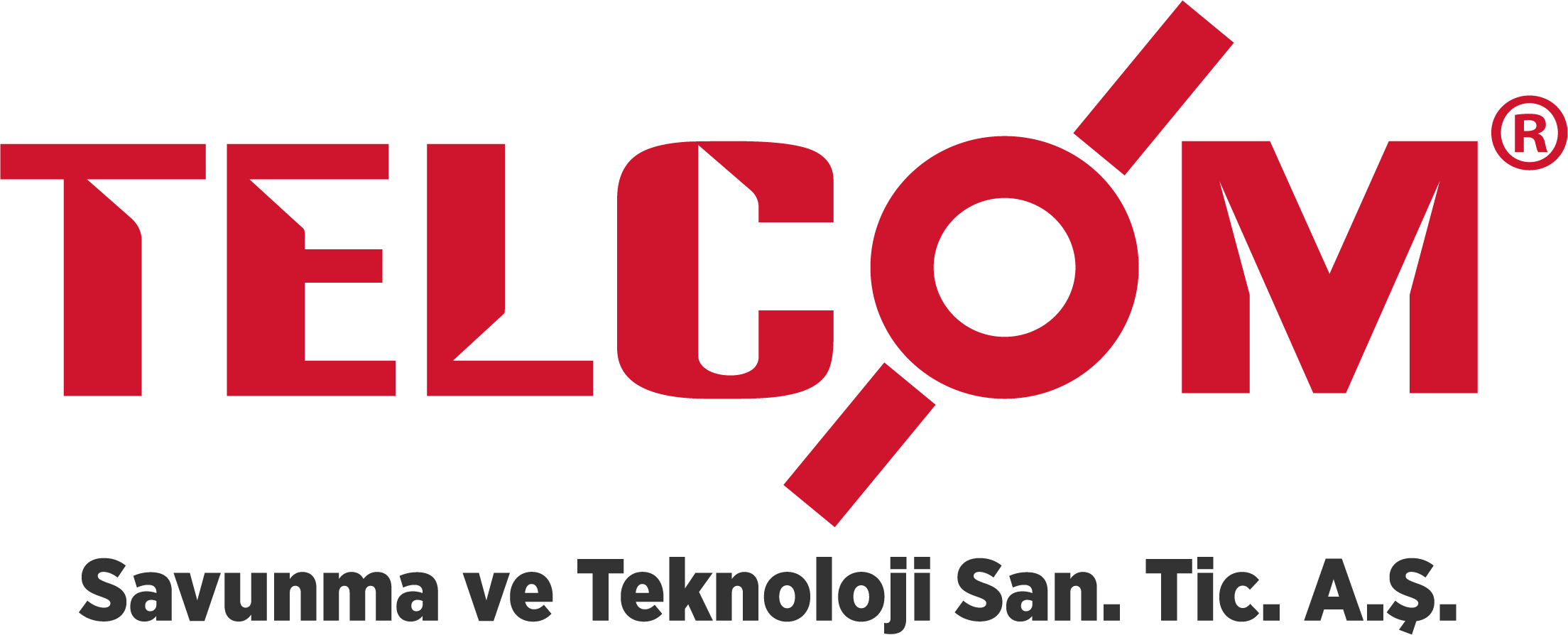Today’s fire-resistant card locks not only ensure fire safety but also leverage modern tech like RFID, mobile keys, and PMS integration to streamline hotel operations. This article explores how MIFARE/DESFire cards, BLE/NFC smartphone access, two-factor authentication, and integration with hotel systems make fire-rated locks a smart choice for security and convenience.
Telcom’s advanced fire-rated locks (e.g., the PIOS model) combine certified fire safety with smart features. They offer contactless RFID entry, robust five-latch security, and seamless integration into hotel systems, enhancing both safety and guest comfort.
Fire-rated door locks have evolved into intelligent devices that contribute to hotel automation and guest experience, beyond their core safety function. In this section, we outline the key technological benefits and integration capabilities of fire-resistant card lock systems.
RFID Contactless Key Card Technology (MIFARE/DESFire)
RFID card locks have been a staple in the hospitality industry, and they continue to improve with advancing technology. Fire-resistant hotel locks typically incorporate RFID for reliable and fast access. Telcom’s certified locks support both 13.56 MHz smart cards (MIFARE Classic, DESFire) and legacy 125 kHz prox cards, offering flexibility for different use casestelcom.com.tr. Modern MIFARE DESFire EV2/EV3 cards provide high-level encryption, greatly reducing the risk of card cloning or unauthorized entry. This means a fire-rated lock system from Telcom not only withstands flames but also defends against security breaches. With contactless RFID, guests can unlock their doors in milliseconds by simply tapping a card—far quicker and more convenient than fumbling with mechanical keys.
In a fire emergency scenario, RFID cards offer an added benefit of ease of use under stress. For instance, if a fire alarm goes off, panicked guests might forget a physical key, but they’re likely already carrying their keycard (which often doubles as the power activation card or elevator access). Moreover, with RFID locks, doors automatically lock when closed, so guests don’t need to manually secure the door with a key. This can be crucial in an evacuation, as nobody needs to delay their escape to ensure doors are locked. In short, contactless card locks marry convenience with safety, ensuring doors remain secure yet quickly operable during emergencies.
Two-Factor Authentication (Card + PIN) for Enhanced Security
For areas requiring extra security or during certain operations, fire-resistant lock systems can incorporate two-factor authentication (2FA). This involves the use of a PIN code keypad in addition to an RFID card for entry. 2FA provides a dual layer of security: even if a keycard is lost or stolen, an intruder would still need the PIN to gain access. This feature is particularly beneficial for back-of-house areas like security rooms, IT/server rooms, or storage areas with valuable items. Telcom offers PIN-pad enabled models that maintain full TS EN 1634-1 compliance while adding this security feature. In this way, the locks address both fire safety and unauthorized entry prevention simultaneously.
Using 2FA can also improve staff access management. For example, housekeeping staff might be required to enter a personal PIN when using their master card to access guest rooms. This practice links specific staff to specific entries, creating accountability and a detailed audit trail. In an emergency like a fire, the system can be configured to override PIN requirements (activating an “emergency mode” where doors open with just a card or even remain unlocked if necessary). Overall, two-factor authentication in fire-resistant locks is about balancing maximum security with necessary flexibility, ensuring that even as you protect against fire, you’re not compromising on general security.
BLE/NFC Mobile Keys and Guest Experience
Among the latest trends in hospitality is the use of mobile keys, and fire-resistant locks are keeping pace by integrating Bluetooth Low Energy (BLE) and NFC capabilities. Telcom’s fire-rated locks with mobile access support allow guests to use their smartphones as room keys. A guest can check in online and have a digital key sent to their phone, enabling them to bypass the front desk and go straight to their room upon arrival. Importantly, mobile key-equipped locks are designed to work in offline mode if network connectivity is lost or during emergencies, so a guest’s phone can still unlock the door even in a fire situation (provided the guest has the phone with them, of course).
Mobile access integration can also be tied into emergency response systems in smart ways. For instance, if a fire is detected on a certain floor, the system could temporarily adjust the locks on that floor – either by unlocking them for swift evacuation or by granting all guests’ mobile keys access to exit stairwells and assembly areas. Such scenarios require that locks be connected and intelligent, which is possible with Telcom’s advanced systems and custom programming by our R&D team. This illustrates how networked locks can play a role in broader emergency management beyond their mechanical fire rating.
Beyond safety, mobile keys greatly enhance guest satisfaction. Tech-savvy travelers appreciate the convenience of using their phone instead of a card. It reduces physical contact (a plus for hygiene), and it’s one less item to carry. By choosing a fire-resistant lock system that supports mobile keys, hotels can offer a modern, app-driven experience without compromising on safety. In fact, it’s a win-win: guests get convenience, and hotels get the benefits of an integrated, intelligent access system.
PMS Integration and Hotel Automation Compatibility
One of the strongest advantages of contemporary fire-resistant lock systems is their ability to integrate with hotel automation and management systems. Integration with the hotel’s Property Management System (PMS) is particularly important for operational efficiency. When a Telcom lock system is linked to the PMS, issuing or canceling room access is synchronized with guest check-in/checkout. This means no manual reprogramming of locks at the door; everything is handled through the software. While this is a convenience feature day-to-day, it also has safety implications: for example, in an evacuation, knowing which rooms are occupied (via the PMS and lock system data) can assist first responders in checking all rooms.
Telcom’s locks can also work in concert with other hotel systems like energy management and guest room controls. For instance, the same keycard used for the door can activate the room’s energy saver slot to turn on lighting and AC, and when the guest leaves and removes the card, power is cut to prevent energy waste. In a fire emergency, the lock system could interface with the building management system to release door locks or activate emergency lighting on that floor. The key is that Telcom’s solution isn’t an isolated piece of hardware; it’s part of a larger connected ecosystem that can include elevator access control, DND/MUR hallway panels, and moretelcom.com.trtelcom.com.tr.
Another integration aspect is elevator control: with a unified keycard system, guest cards can be programmed to allow elevator access only to specific floors. Not only does this enhance security, but in emergency scenarios, it could be used to direct evacuees or control elevator usage. The ability to integrate fire-rated locks with such systems means that hotels don’t have to sacrifice modern amenities or automation when upgrading to safer locks. Telcom specializes in delivering these integrated solutions, so hotels get comprehensive automation alongside fire safety.
Durability, IP Rating, and Environmental Resistance
By nature, fire-rated locks focus on withstanding high heat, but hotels should also consider resistance to environmental factors like dust, moisture, and corrosion. This is especially true for resorts in humid, coastal regions or outdoor installations. Telcom offers models with IP54/IP65 ratings and special anti-corrosion finishestelcom.com.tr, ensuring that the lock’s electronics and mechanics are protected against moisture, salt air, and dust. These robust locks maintain their functionality and appearance even in challenging climates, which reduces maintenance needs and costs over time. For a seaside hotel, a corrosion-resistant fire-rated lock means you’re not only compliant with fire codes but also prepared for the rigors of the environment.
Additionally, high-traffic environments demand locks that can endure constant use. Telcom’s fire-resistant locks are engineered with reinforced mechanisms to prevent wear and tear. Features like a clutch mechanism on the handle (so the handle operates freely when not engaged to the latch) prevent excessive stress on the lock mortise, extending its lifespan. Many Telcom models use a five-latch-point locking system that secures the door at multiple points when closed. This not only boosts security against intrusion but also helps the door resist warping away from the frame during a fire, maintaining the seal against smoke and flames. In other words, durability features contribute to the lock’s fire performance and vice versa.
All these design considerations ensure that a fire-resistant lock isn’t a fragile, temperamental piece of tech, but rather a rugged, reliable component of your building’s safety infrastructure. Whether it’s day-to-day guest use, an accidental impact, or the extreme conditions of a fire, these locks are built to hold up under pressure.
Conclusion: Merging Safety with Smart Technology
In conclusion, today’s fire-resistant card locks exemplify the synergy of safety and technology. Equipped with innovations like smart cards, mobile key capability, advanced integration, and durable construction, they do far more than a traditional lock ever could – all while maintaining rigorous fire safety standards. By choosing a solution like Telcom’s, hotels can elevate their operations and guest experience without compromising on compliance or safety.
If you aim to make your property safer, smarter, and more efficient, upgrading to fire-resistant smart lock systems is a forward-thinking move. Telcom Türkiye offers cutting-edge solutions that bring together fire certification and the latest tech features. To learn more about how our products can transform your hotel’s security and automation, reach out to us here or call 444 1180. Let’s work together to equip your establishment with locks that are as intelligent and reliable as they are safe – because your guests deserve nothing less.




